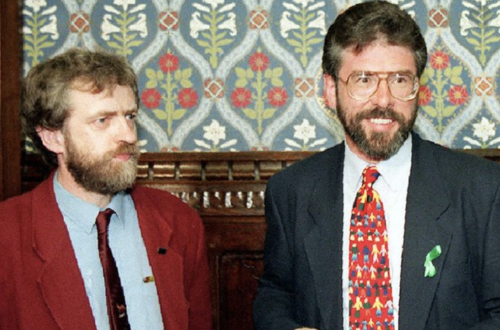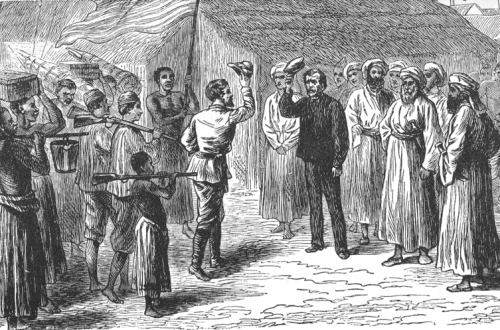Many have suggested that the decision to block the extradition of Gary McKinnon but not of Talha Ahsan (who also has Aspergers) reflects double standards with regard to Muslim suspects. This accusation echoes wider complaints that responses to crime or political subversion by Muslims more generally are discussed and perceived in different ways. Non-Muslims who commit shocking acts of violence, for example, are, it is sometimes suggested, more likely to be assumed to be mentally unstable than Muslims. An obvious case is that of Anders Breivik.
The Ahsan/McKinnon parallel has prompted a range of responses. This piece in the Guardian suggests there is a fairly substantive difference between the two cases. (I’m not sure why he is invoking Ahmad here, rather than Ahsan, the suspect who has Aspergers):
“Some fair points, well made, there. But from what little we know – look at that Wiki summary again or the official website Tooting-born Babar Ahmad is not quite the Crouch End computer nerd with no political agenda that Gary McKinnon is, though he was an engineer working in IT before his arrest. He’s charged with computer-related offences too and certainly had interesting website material at home.”
Alex Massie, writing in the Spectator, thinks McKinnon should have been extradited. This section is particularly significant I think:
As it should be. McKinnon was not, whatever some people want you to believe, some innocent kid who inadvertently blundered into the Pentagon’s computers in search of evidence of UFOs. On the contrary there is ample evidence – not the least of which comes from his own statements – that his hacking was a politically-motivated action. It Was McKinnon who left a message on a US army computer he had infiltrated which read:
“US foreign policy is akin to Government-sponsored terrorism these days … It was not a mistake that there was a huge security stand down on September 11 last year … I am SOLO. I will continue to disrupt at the highest levels … “
Indeed, part of his defence was that he could not receive a fair trial in the United States because his political beliefs would make that impossible.
Reading about McKinnon’s views made me reflect on something which has crossed my mind before in relation to assertions that Muslims face double standards with regard to terrorism. Might it be the case that Muslims and non-Muslims, if mentally ill or if they have conditiions like Aspergers, are likely to find those conditions manifesting themselves in different ways – so whereas a non-Muslim might be drawn to ‘Truther’ stuff, UFO stories or indeed Eurabian paranoia, a Muslim might find himself instead gravitating towards some broadly Islamist material as a vent or vector for his/her instability. As the latter set of views, those associated with Islamism, present far more of an obvious security concern than cranky conspiracy theories, a Muslim individual – who may simply be ill or eccentric rather than dangerous – is perhaps more likely to be treated with severity and suspicion than a non-Muslim.


